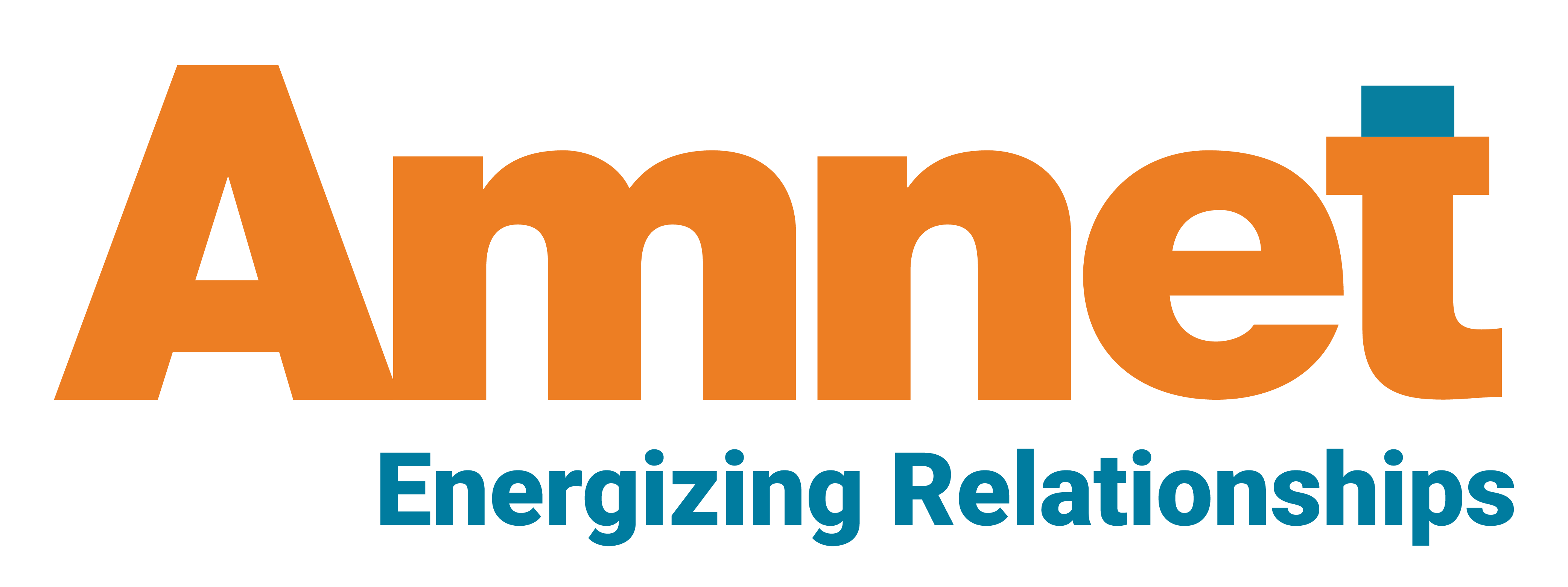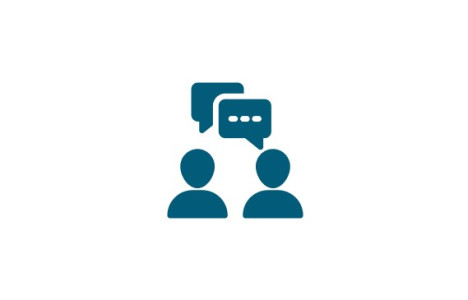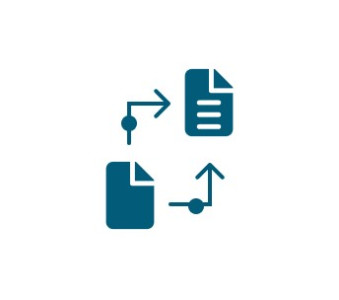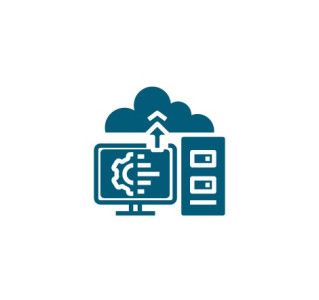Nearly twenty years ago, the Open eBook Forum published the OEB 1.0 specification, which launched the modern ebook. Although growth in the sales of eBooks was still several years away, OEB 1.0 set the stage for the digital book ecosystem we know today.
The first specification formally called “EPUB” followed in 2007. That first EPUB specification offered a standard packaging mechanism to bundle all the pieces of an ebook into a single file. EPUB 3, using modern HTML5, arrived in 2011. EPUB 3.0.1, from 2014, merged the fixed layout spec into EPUB. The current version, EPUB 3.2, is a minor update to EPUB 3.0.1 that was released earlier this year.
After a bit of organizational change and a dead end or two, work on EPUB 3.2 started in early 2017, based on a proposal by Garth Conboy (Google) and Makoto Murata (Advanced Publishing Laboratory). The update work was done by the EPUB 3 Community Group, which I co-chair with Rachel Comerford. Much of the real work was done by DAISY’s Matt Garrish, but this was truly a community effort.
Goals for this update
We updated the specification to EPUB 3.2 while maintaining backward compatibility with EPUB 3.0.1. The biggest conceptual change uses the latest stable versions of HTML/CSS/SVG, so that EPUB can evolve with the web, rather than using static profiles which become increasingly out-of-date.
What’s changed?
We’ve added two new media types for fonts and reorganized and clarified the spec documents themselves. We now recommended that all EPUB files conform to the EPUB Accessibility Specification. We’ve also eased restrictions on the values used in epub:type attributes.
It’s now possible to include things like data sets with an EPUB. We’ve deprecated some EPUB features that were not widely implemented and are not part of the larger web platform. Examples include epub:switch and epub:trigger. To help people navigate the update, we’ve written a changes document that describes all the changes from EPUB 3.0.1 to EPUB 3.2.
It’s important to know: Most content creators will not have to change anything. Your EPUBs are likely already valid EPUB 3.2 files.
What about validation?
Thanks to a fundraising effort spearheaded by Rachel Comerford, Tvziya Siegman, and Luc Audrain, EPUBCheck 4.2.1 fully supports EPUB 3.2. You can download the latest EPUB Check here.
Note that EPUBCheck still needs donations from the community! This is a tool that every creator or recipient of EPUB files relies on to validate files. Support is a needed to continue to update the tool and keep it relevant for the digital reading community.
For more information…
If you’re interested in the future of EPUB, please join the EPUB 3 Community Group. The group is open to anyone interested in how EPUB works and can be maintained.
Disclaimer:
This is to inform readers that the views, thoughts, and opinions expressed in the article belong solely to the author, and do not reflect the views of Amnet.
Copyright © 2023 Amnet. All rights reserved. No part of this publication may be reproduced, distributed, or transmitted in any form or by any means, including photocopying, recording, or other electronic or mechanical methods, without the prior written permission of the publisher, except in the case of brief quotations embodied in critical reviews and certain other non-commercial uses permitted by copyright law. For permission requests, write to [email protected].









